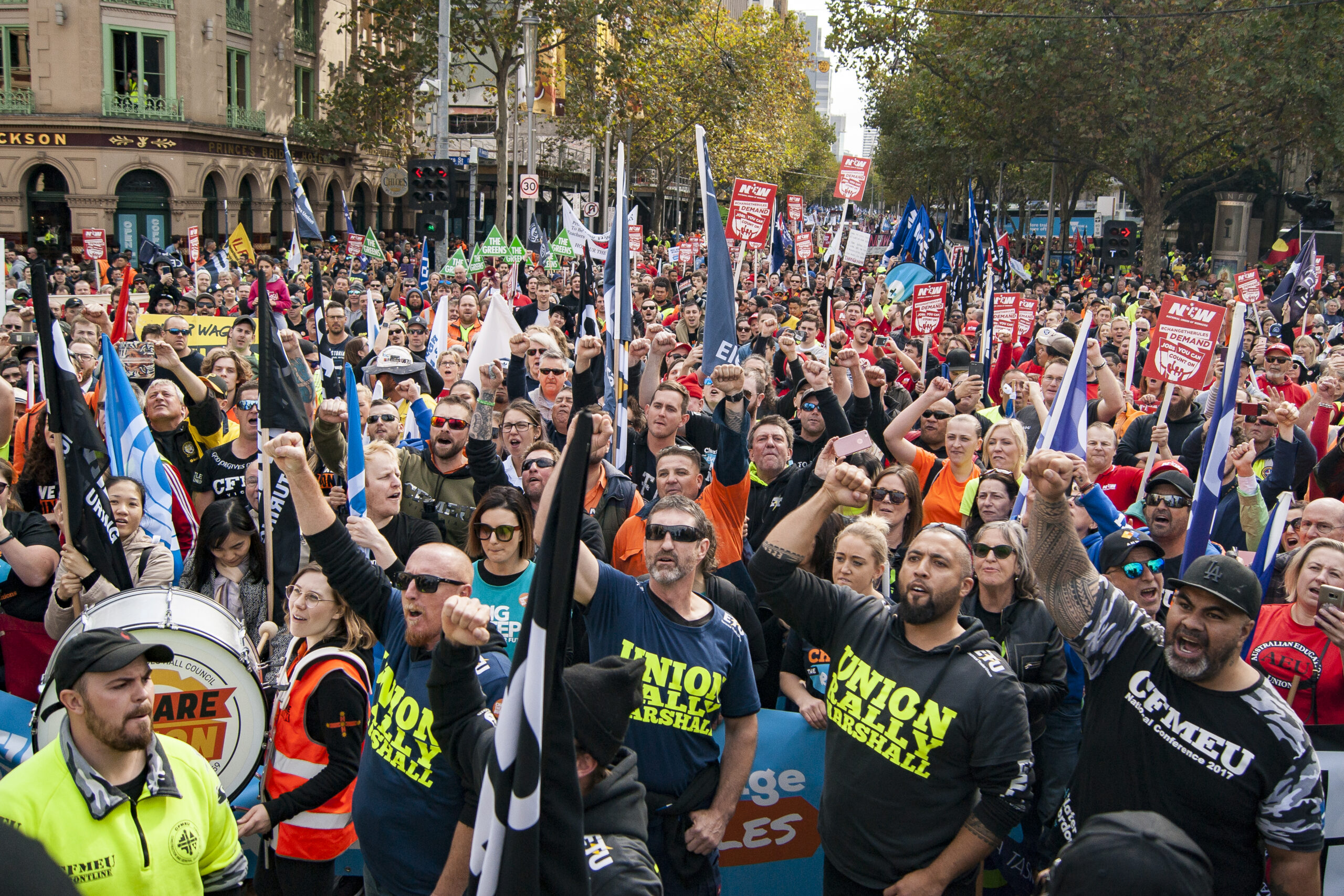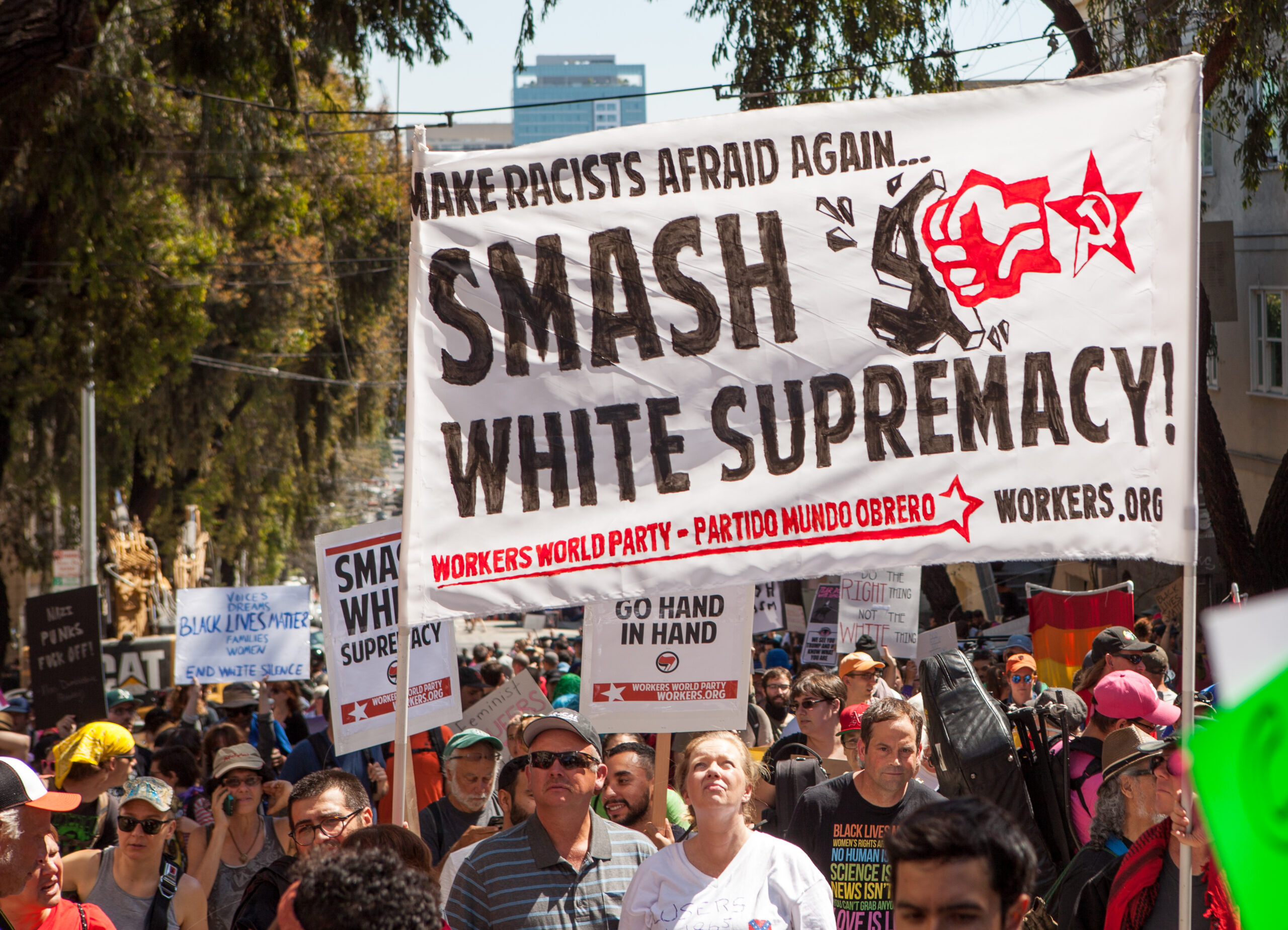Kevin Hodder, a member of the ISO, submitted this opinion piece to prompt reflection and debate.
As I write this, Lecretia Seales, a terminally ill lawyer, waits to find out if the High Court will grant her doctor immunity from prosecution in the event that they aid Seales in committing a conscious act of suicide. In other words, she seeks to clarify if she has the right to determine the time and method of her own imminent death under New Zealand law.
As a fan of Terry Pratchett, who – diagnosed with early-onset Alzheimer’s – championed the cause of voluntary euthanasia or “the right to die” in the UK, this is a debate I have spent a long time pondering. I do not wish to weigh in on the particulars of this case, as I do not think it is particularly representative of the wider movement, and the ruling is likely to be extremely narrow in scope. However, this case will have repercussions for the broader question of “should voluntary euthanasia be legalised in New Zealand”, affecting not only the young-and-terminally-ill, but also the very old, accident victims, those suffering with severe mental illnesses or debilitating but non-lethal physical problems and many others. As such, I believe the question deserves a genuine hearing.
Unlike many of the “very complicated” political topics which are only deemed “very complicated” in order to obscure a debate, the Right to Die argument sits at the crux of a very genuine dilemma for socialists. The Seales case highlighted both sides of the issue.
Rights and Choices
On the one hand, the right of individuals to freely choose the time and manner of their death, without interference from the state, should be a given for socialists. I have a lot of empathy for the choice people in Seales’ position must make, where their only likely outcomes for the last few months of their life are either intolerable suffering or endless sedation followed inevitably by death. Forced to make that choice, I entirely understand that they would wish to avoid either of those hideous realities, and instead make a controlled exit under their own power while they are still able to do so. While the state should in no way encourage anyone to choose to end their own life, it should not deny individuals the right to make that choice or punish those who provide individuals with the means to action a choice made in sound mind and without duress.
However, like all things, the reality of capitalism complicates matters of “choice”. Just like our supposed freedom to choose where we live, where we work, where and how we socialise or what we do in our “free” time, our choice to die is constrained, shaped and many times compelled by conditions beyond our control.
Some of the many factors which would shape our choice in the time and method of our own passing are independent of the economic and social environment in which we live – the emotional impact of our “premature” death (however you define that) on loved ones, for instance, or the potential for lost experiences in the period between when one might choose to die and when one would die of factors beyond one’s control. I would argue that any such irreversible choice should be well considered, and these sorts of questions would naturally be part of that consideration process regardless of the circumstances.
Other factors, though, (and I would argue, the more concerning ones when considering this in the abstract) are explicitly the product of a system in which the overwhelming majority face hard economic choices every minute of every day. Illnesses of all kinds carry costs – emotional as well as economic, both for the ill person and for those in their life. Each of these costs amounts to a form of duress, particularly the economic ones. The majority of the population who find themselves with a terminal illness, or even just the infirmity which comes with age, are not in a position to pursue every possible course of treatment, to fight an illness to the bitter end, and shoulder the complete burden of care and treatment themselves.
In New Zealand, the state funded healthcare system theoretically covers all the costs of care and treatment, but anyone with chronic or terminal illness can tell you how far from the truth that is. Many drug treatments are subsidised, but even beyond the actual cost of medication, economic decisions abound: how does the ill person get to/from treatment sessions? Is home assistance required? Can they prepare their own meals, or shop? Are loved ones having to take time off work to help out, or to provide emotional support? If the illness progresses to the point of hospice care, who is covering that cost?
Wealth, of course, opens up many avenues of choice – taxis for transport, in home carers, private medical treatment, food delivery options, paid assistants, long term hospice care and so on. For the poor or even the not-morbidly-wealthy, however, these options are not viable for long, if at all. Eventually, the overwhelming majority of people with supposed free choices will come up against the brick wall that, in a world of massive economic inequality, the reality of life implicitly states that as a sick person, your loved ones would be better off without you.
All this will mean that, all too often, the supposedly “free” choice is, for most people, will be anything but. Even putting aside overt pressure or coercion from malicious family members or other interested parties, the fear that one’s prolonged illness could be substantially harming one’s loved ones is extremely likely to result in many poor people choosing to end their own lives earlier than they might otherwise have chosen to.
Consequences
Of course, it has to be asked, what does this right offer. Dignity in death? Absolutely. We should have that right. It also offers the state an excuse for indignity in life. It takes the pressure off the state to combat inequality and poverty, because there’s a “cheaper” way out for everyone involved. In our current, money grubbing political climate, you know that that option will be embraced by the political elite, with enforcement (without any necessary malice) left up to reluctant public services. It also muddies the fight, outside of the structures of the state, for a more fair and equal society, because it makes the suffering of people newly invisible, this time under the veneer of rights. Under capitalism, we have the right to starve, but not the right to eat. To deny the right to die, and to be assisted in that, is to leave the burden of life on families, still obscured and hidden from public view, but at least recognised as a problem. That’s an incredibly tough call to make. On the “against” side, you have hardship, suffering and death. On the “for” side, you have hardship, suffering and death. We do not, at present, have the political power or the medical technology to prevent that.
In the Netherlands, where voluntary euthanasia is legal, 97 people with dementia were euthanised in 2013, and there had also been a “dramatic” increase in the euthanasia of people with long-term psychiatric illnesses. As Victoria Casey, a lawyer for vulnerable persons umbrella group Care Alliance, stated, “When you combine this with New Zealand’s well-documented problems with elder abuse and the neglect and abuse of the elderly and disabled in care, the prospects are … chilling.” The difficulties in determining the state of mind of people with dementia and other psychiatric illnesses is immense, but even assuming that these decisions were made by the euthanised individuals in a period of perfect lucidity, separating their desire to die for their own sake from their desire to not burden their family is impossible. The counter argument – that concern about the economic impact of your continued existence is a legitimate reason to end one’s own life – should not be one that any rational person accepts as a logical argument when striving for a humane society.
The same pressures which apply to ill persons also apply to loved ones who are empowered to speak for the mentally impaired (e.g. by dementia or similar) or the comatose, leaving the door open to abuse, even if they are acting without malice. Given the substantial opportunity for abuse it is hard to argue that granting the right to die is any more moral than denying it. Similarly, it is, in my opinion, nearly impossible to structure reasonable conditions onto any legal “right to die” that would both empower the individuals to make free and conscious choices, while also protecting against the inescapable economic pressures and potential for abuse.
Troubling conclusions
Legal “voluntary” euthanasia would overwhelmingly see the poor choosing to end their own lives prematurely, forgoing expensive but potentially life saving or life extending care and treatment, while the wealthy live on. The economic inequalities which already massively impact quality of life would ultimately result in the state sanctioned murder of poor people, under the veil of choice.
As a result, I am forced to conclude that I cannot support the legal right to die under capitalism, and indeed am forced to argue against it, though it causes me great discomfort to do so. There is, however, a significant caveat in that statement which the attentive reader will have noticed.
All my arguments so far have been premised on the idea that the burden for supporting people in their final days, weeks or months are held by individuals – typically family members or other loved ones. A rational society would make the care of our sick and elderly the concern of all citizens, not just those who have sick loved ones right now. A rational society would make sure that people not only had the right to die as they choose, but also the right to live as they choose, and access to all the resources required to allow both. It is only possible to have true freedom of choice in a society in which the economic inequalities, which weigh so heavily on every decision we make today, no longer exist. But that can never come to pass for all people under capitalism. Capitalism, at a fundamental level, requires that only a few are comfortable while the majority struggle. Only in overthrowing capitalism can we truly achieve a world where “rights” are meaningful, including the right to die at a time and in the manner of our choosing.
I believe we should all have that right, and that in order to achieve that ethically and morally, I am obligated to fight for the overthrow of capitalism. Only then can the fight for the Right To Die begin in earnest. That is what I will be arguing with friends and colleagues over the coming weeks as we wait to see how High Court Justice Collins rules. I grieve for Lecretia Seales and the choices she will be forced to make in the coming months, regardless of the ruling, but I will be taking what steps I can to create the world where her choices are hers and hers alone, even though she will not be here to see it.









